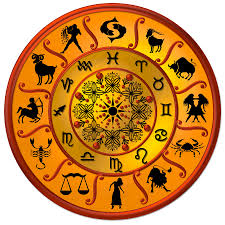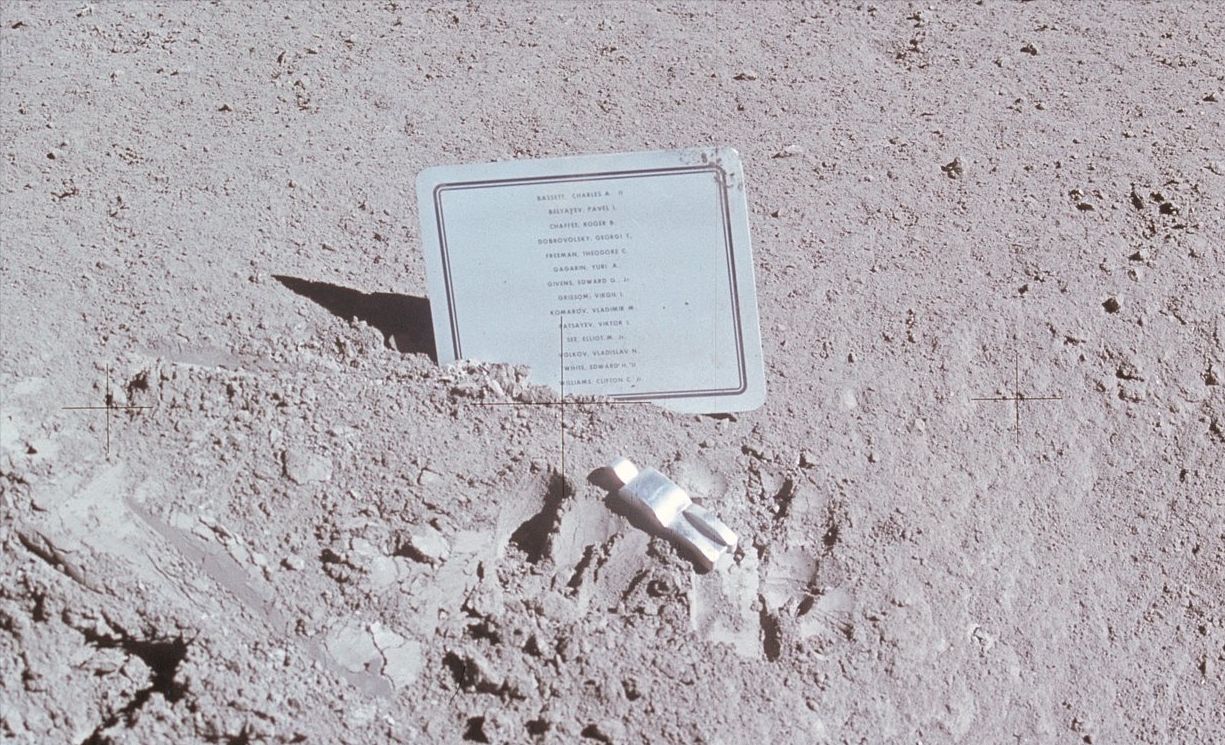Oh John Michael Greer, you are my one true man crush. Naughty, naughty man.
--
[L]et’s consider
the future of astronomical observatories.
An observatory big and high-tech enough to contribute significantly to
the advance of astronomy can be a very expensive proposition—the Palomar
observatory outside San Diego, for example, costs over US$10,000 a night to
operate—and the ebbing tide of prosperity in the industrial world is starting
to make those costs hard to cover.
..
Observatories are particularly vulnerable in this context
because they don’t make a profit for anybody...These days, the
sciences are being sorted out into two camps, those that produce technologies
useful to government and business and those that don’t; I’m sure my readers
need no help figuring out which of those camps is getting the lion’s share of
research dollars these days, and which is being left to twist in the wind.
...It so happens that astronomers do have
another potential source of income available to them—a funding source that
could probably support many if not most of the existing observatories in the
style to which they’ve become accustomed, and would be completely independent
of government grants and the whims of university administrations alike...
It’s as simple as it is elegant, really. All that would be required is that
observatory staff would have to learn how to cast and interpret horoscopes.

Yes, I’m well aware that that’s not going to happen, and in
a moment we’ll talk about the reasons why, but let’s set that aside for now and
consider the thing in the abstract.
Despite the fulminations and wishful thinking of the rationalists among
us, astrology’s not going to go away any time soon. It’s been a living tradition for well over two millennia in
close to its current form, and is as lively now as it’s ever been. The rationalist crusade against it has been a
resounding flop, having failed to make the least dent in its popularity; today
astrology supports its own economic sector of publishers, computer firms,
annual conferences, correspondence schools, and many other businesses, not to
mention thousands of professional astrologers who make a living casting birth
charts, annual progressions, horary charts, and other astrological readings for
a large and enthusiastic clientele.
Not only could astronomers tap into this market, it actually
takes a continuing effort on their part to avoid doing so. I’ve been told by astronomer friends that
observatories in the US routinely field calls from people who are a little
confused about the difference between astronomy and astrology, and want someone
to cast their horoscopes. Put a new message on the answering machine, teach the
receptionist how to take down birth data, and that’s fixed...
Nor would this be anything new in the history of
astronomy. Johannes Kepler paid the
bills while he was working out the laws of planetary motion by casting
horoscopes; Claudius Ptolemy did the same thing more than a millennium earlier
while he was writing the Almagest...
Much more could be said along these lines, but it’s probably
better to stop here, so that my rationalist readers don’t fling themselves at
their computer screens in a purely reflexive attempt to leap through cyberspace
and wring my neck.
Source.










